The global economy stands at a critical crossroads, and Sri Lanka is no exception.
The Trump administration’s policy priorities, from focusing narrowly on trade imbalances, downplaying the urgency of the climate crisis, and maintaining a deep faith in market-based solutions for social issues, are likely to compound challenges Sri Lanka already faces.
The disproportionate economic influence of the United States, coupled with its normative power within global institutions such as the IMF, poses a significant challenge.
This is further aggravated by the persistent lack of democratic legitimacy within the IMF and the broader international financial architecture, where decision-making remains heavily skewed in favour of advanced economies and creditors.
The long and failed history of the IMF in Sri Lanka
In 2022, Sri Lanka defaulted on its external debt for the first time, triggering a severe economic crisis marked by inflation, shortages and social unrest.
In response, Sri Lanka entered into its 17th loan programme with the IMF – a recurrence that signals not a path to sustainable development, but a deepening cycle of dependency.
At the heart of the IMF’s strategy is a critical flaw: Sri Lanka’s debt obligations are largely in US dollars, yet its economic output is measured in Sri Lankan rupees.
Sri Lanka’s experience exemplifies the sovereign debt trap that entangles many developing countries within a structurally unjust global financial system. The country’s debt crisis is the result of years of irresponsible borrowing – much of it enabled or encouraged by the IMF and other reckless international lenders – due to reliance on global money markets for finance. In the early 2010s, Sri Lanka began issuing high-interest sovereign bonds to foreign creditors, a strategy seen as risky even then.
The current agreement, in common with its predecessors, is based on a flawed IMF Debt Sustainability Analysis (see Observer Autumn 2023) that makes overly optimistic assumptions, maintaining the illusion of capacity to service debts. Without fundamental changes to this framework, the deal risks mimicking those before it and worsening inequality, undermining long-term development, and locking the country into yet another cycle of austerity and dependence.
Increasingly, progressive economists argue that Sri Lanka’s arrangement offers only short-term liquidity at the cost of long-term resilience, with projections suggesting the possibility of another default as early as 2028. This pattern illustrates how such debt arrangements often serve to stabilise creditor interests rather than support genuine economic recovery or democratic sovereignty.
IMF’s current strategy and its failures
The IMF’s latest programme, while framed as a necessary lifeline, has imposed harsh austerity and other measures that have disproportinally affected the poor, including currency devaluation, steep interest rate hikes, significant indirect tax increases, subsidy cuts and reduced public expenditure. All the while, despite being in deep economic distress, Sri Lanka continued servicing its debt until its foreign exchange reserves were completely depleted.
At the heart of the IMF’s strategy is a critical flaw: Sri Lanka’s debt obligations are largely in US dollars, yet its economic output is measured in Sri Lankan rupees. As argued by professor Jayati Ghosh of the University of Massachusetts-Amherst in the US, by anchoring repayment to GDP growth in dollar terms, the programme ignores the country’s actual ability to earn the foreign exchange needed to repay its debts.
Moreover, the IMF’s sweeping influence over Sri Lanka’s economic policy has sparked concern amongst civil society groups and economists. While some structural reforms are necessary, the IMF’s emphasis on fiscal tightening, interest rate hikes and reduced public spending restricts the government’s ability to invest in people-centred development and on urgently needed climate change mitigation and adaptation. The persistent pressure to increase foreign currency earnings – primarily through exports, tourism, remittances and foreign direct investment – often comes at the expense of the wellbeing of the population. This externally driven growth model entrenches a cycle of dependency, leaving the country vulnerable and ill-prepared to withstand future exogenous shocks.
Justice and reality: a path forward
To truly support Sri Lanka’s recovery, debt restructuring must reflect the country’s actual capacity to repay. While the IMF acknowledged in its contribution to the Fourth Financing for Development Conference in Seville, Spain, in July that countries lack fiscal space to invest in essential, growth producing human development and infrastructure, it nonetheless continues to deem their debt sustainable. What is required is negotiating reductions in the total debt, securing lower interest rates and extending repayment timelines. These steps would ease pressure on public finances and allow the government to preserve essential services like healthcare, education and social protection. At the same time, Sri Lanka must boost its foreign currency earnings through strategic investment in value-added exports, sustainable tourism and curbing illicit financial flows. The IMF has a critical role to play in supporting – not constraining – this transition by moving beyond narrow economic targets and helping to build a resilient economy.
A smarter, fairer debt restructuring – one aligned with foreign currency earnings and committed to social development – can lay the groundwork for real economic sovereignty.
*Charith Gunawardena is a co-founder of the Institute of Political Economy, Sri Lanka. He is a frequent contributor to Sri Lanka’s media on the importance taking mitigating steps to protect itself from abuses of the unjust global economic order.



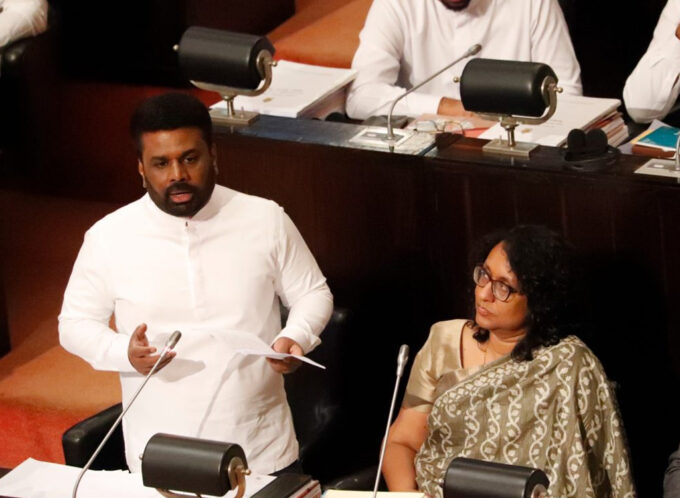
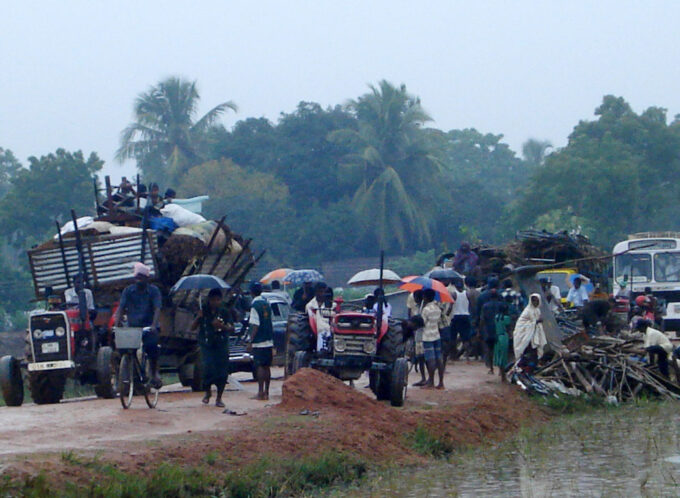

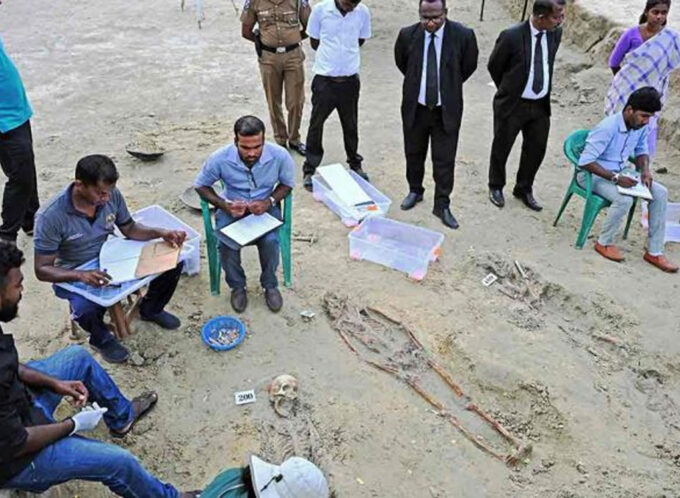

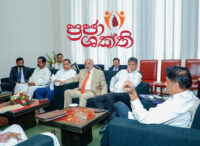
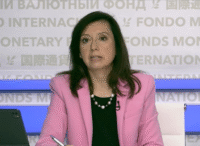
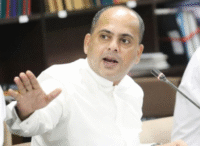
Leave a comment